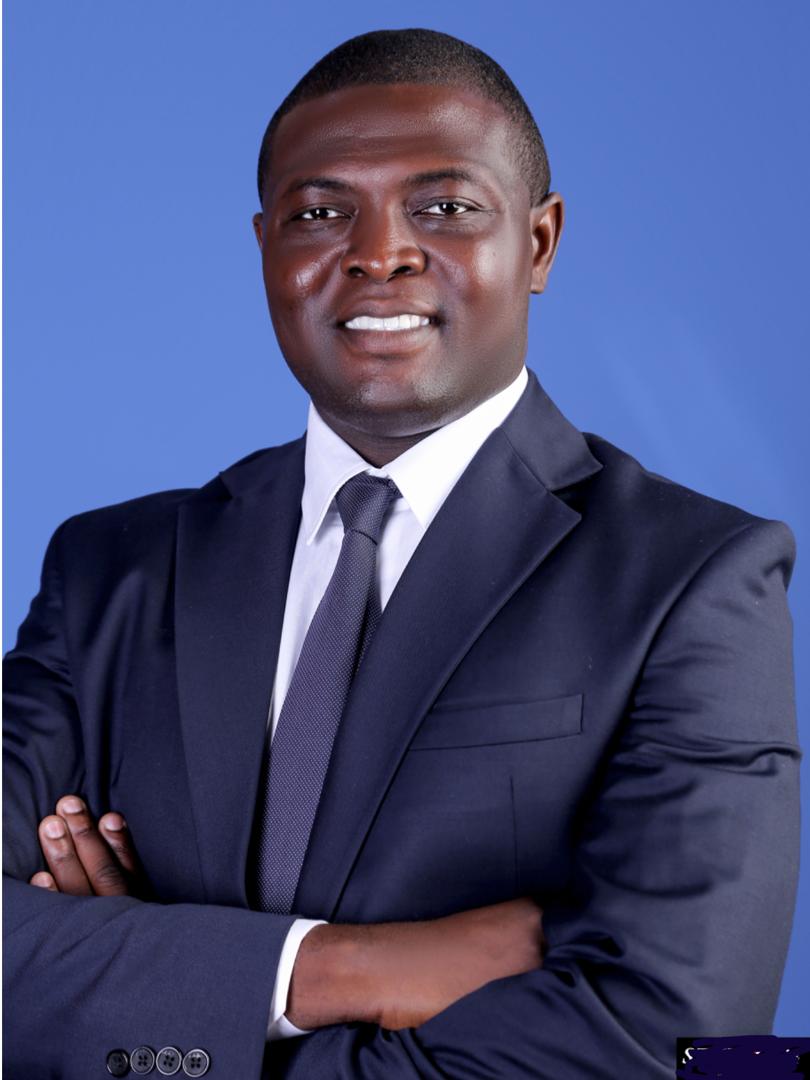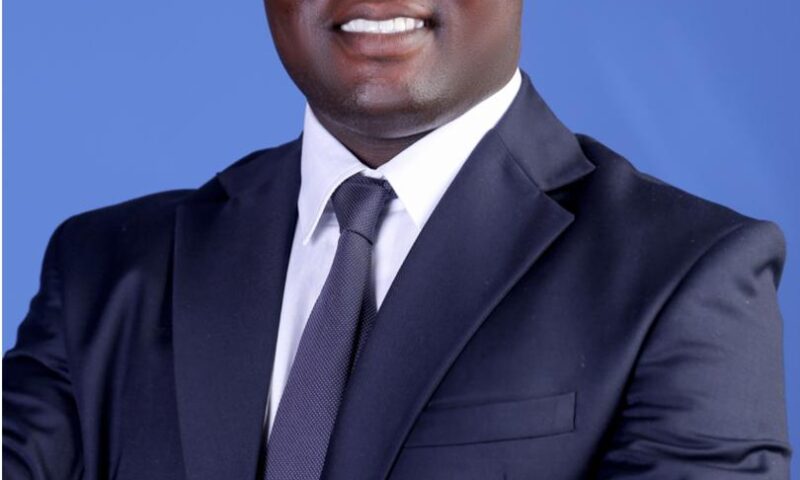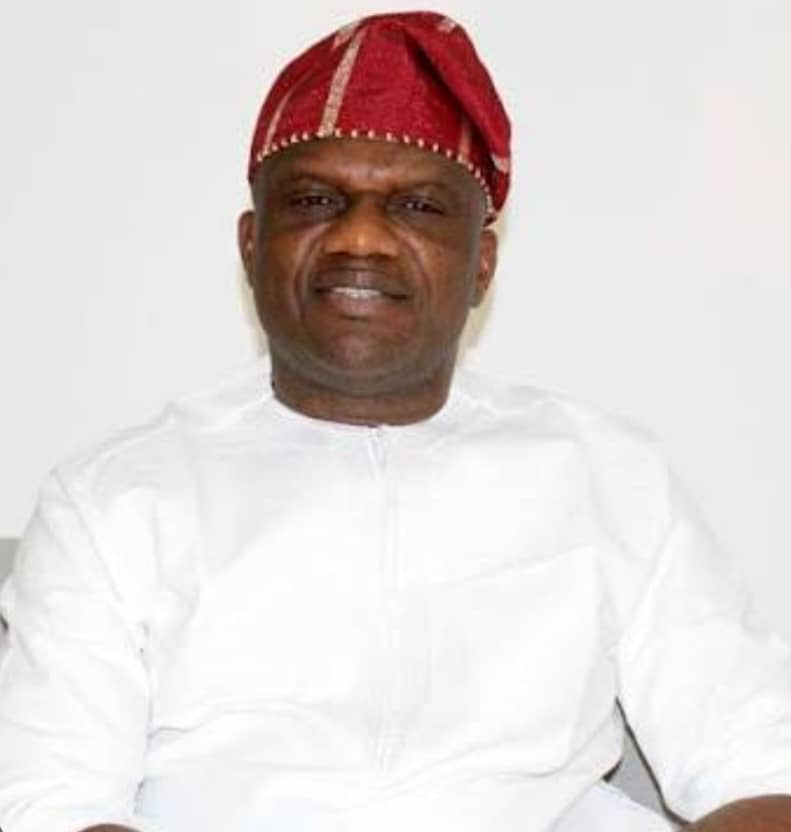Olusanya Adesanya Moves From Guinness To FrieslandCampina To Boost Sales
By Winifred Bosa

In an audacious move to assist FrieslandCampina WAMCO in consolidating its position as the leading dairy brand in Nigeria, Olusanya Adesanya, former commercial director at Guinness Nigeria, has joined FrieslandCampina WAMCO Plc as the Group Director of Sales.
Adesanya, who announced this on his LinkedIn and was captured by the media, said, “I’m happy to share that I’m starting a new position as Director of Group Sales at FrieslandCampina.”
Adesanya, who wrote on his social media handle after his announcement, stated that as players in Nigeria’s complex and fragmented business landscape, we must adapt, focus on what’s within control, and remain obsessed with our users/consumers.
In his meeting with the chief commercial officer of MTN, Olusina Adegoke, during the Sales and Distribution Conference recently, Adesanya said, “We explored the secrets to unlocking market share in a near-saturated market. The algorithm for success is precise: agility, customer obsession, effective commercial footprint, and flawless execution – every day, everywhere. These remain relevant also to what we continue to strive and drive flawlessly with the commercial engine in Guinness Nigeria.”
The foremost commercial expert, who had driven the fortune of the foremost brewery giant, has been integral to the Guinness resurgence in recent years.
In a statement released by Guinness Nigeria and signed by its managing director/chief executive officer, Girish Sharma, “After twelve remarkable years of positive impact and growth, our Commercial Director, Adesanya Olusanya (Sanya), has decided to make a bold move, exiting Guinness Nigeria, effective October 2025, to pursue a personal passion.”
Adesanya joined Guinness Nigeria in 2013 as a Sales Rep, and his journey has been one of remarkable personal growth and contributions to Guinness Nigeria. The business is genuinely proud of what Sanya has achieved and his leadership. Over 12 years, Sanya has demonstrated exceptional dedication and leadership, driving retail growth and commercial transformation, and has worked across the South-East, Lagos, and South-West of our business, ultimately attaining the position of Commercial Director in 2023.
He successfully launched Project REAP, revolutionizing retail execution; expanded our distribution base, primarily to grow numeric distribution; and contributed to Group transformational projects in Ghana and Kenya. Under his leadership, the Commercial team achieved double-digit topline growth, improved gross margin, trade spend efficiency, and fostered excellence in people and distributor profitability, all driven by his mantra “always go the extra mile”.
“His achievement in the last 12+ years has earned him critical awards, including the Prestigious African President Awards 2021, MAD Awards 2014 and 2015.”
In a statement posted by Guinness Nigeria, Olusanya said: “I am truly honoured for the opportunity to have been part of the journey of Guinness Nigeria over the last twelve years. The chance to have been part of the journey of a business with such a rich heritage is a privilege that I have embraced with gratitude and humility. As I make this life-changing decision for the next move in my career, I wish the business and my wonderful colleagues in Guinness Nigeria, particularly the Commercial team, as well as our truly wonderful Trade Partners, all the best for the future”.
Congratulating Olusanya on the latest move, the chief executive officer of UAC Foods, Oluyemi Oloyede, said, “Big, Big congratulations, Olusanya Adesanya. All the best in this new journey. Please don’t add alcohol to milk, ooo.”
Also wishing Adesanya well in his new career journey, business leader and C-Suite Executive Tsola Barrow said, “Congratulations, Sanya.”
Adesanya, who joined Guinness Nigeria in November 2013, has led Guinness Nigeria to success by formulating a winning commercial strategy, driving revenue growth and profitable market share, and unlocking the full potential of the company’s innovation and people to achieve competitive advantage, while sustaining excellence across our business.

























 LarryBravo Nwaiwu
LarryBravo Nwaiwu

 Seplat Energy Plc, foremost
Seplat Energy Plc, foremost 





